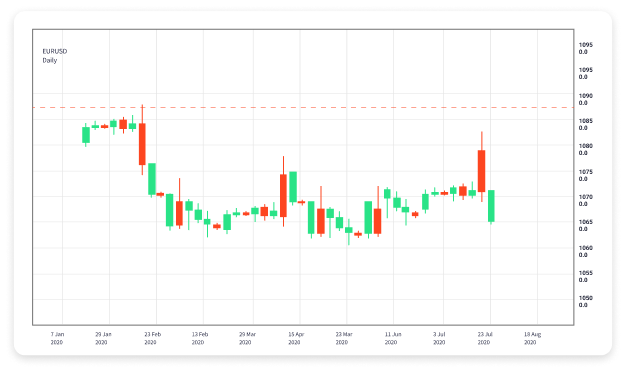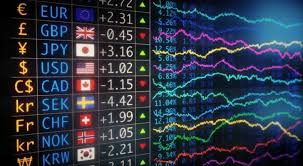
Best Forex Trading Course: Enhance Your Skills and Achieve Success
If you’re interested in learning about forex trading, then you’ve probably wondered about the best forex trading course available today. With the abundance of information and resources available online, it can be overwhelming to choose the right path. Forex trading can be complex and challenging, but with the right education, you can significantly increase your chances of success. In this comprehensive guide, we’ll explore the essential elements of a quality forex trading course and provide you with valuable tips for selecting the best one for your needs. Moreover, remember that choosing a reliable best forex trading course Forex Brokers in UAE can also impact your trading journey.
Understanding Forex Trading
Forex trading, or foreign exchange trading, involves buying and selling currencies in pairs. In the forex market, currencies are traded 24 hours a day, five days a week, making it one of the most dynamic and liquid markets in the world. As a trader, you can profit from the fluctuations in currency exchange rates. However, to be successful, you need a solid understanding of market mechanics, trading strategies, risk management, and psychological discipline.
Key Components of the Best Forex Trading Course
When looking for the best forex trading course, consider these essential components:
1. Comprehensive Curriculum
A quality forex trading course should cover a wide range of topics, including:
- Basics of forex trading and market structure
- Technical analysis (chart patterns, indicators, etc.)
- Fundamental analysis (economic indicators, news events, etc.)
- Risk management strategies
- Trading psychology and discipline
- Developing a trading strategy and plan
2. Experienced Instructors
The best courses are often taught by experienced traders who have a proven track record of success in the forex market. Look for instructors who not only teach theoretical concepts but also share real-world insights and experiences. Engaging with someone who has navigated the market successfully can provide invaluable lessons.
3. Interactive Learning
Look for courses that offer interactive learning experiences. This may include live webinars, Q&A sessions, or access to trading simulations. Engaging with fellow students and instructors helps reinforce learning and may provide additional insights into complex topics.
4. Access to Trading Tools and Resources
A well-rounded forex trading course should provide access to various trading tools and resources. These can include trading platforms, charting software, economic calendars, and market analysis reports. The more resources you have at your disposal, the better equipped you’ll be to make informed trading decisions.

Choosing the Right Course for You
When choosing a forex trading course, consider your current skill level and specific goals. Are you a complete beginner, or do you have some trading experience? Are you looking to learn a specific trading strategy, or do you want a comprehensive overview? Here are some factors to consider:
1. Skill Level
If you’re starting from scratch, look for a course designed for beginners that covers the basics of forex trading. If you’re more experienced, you might want to focus on advanced courses that explore niche topics like algorithmic trading or advanced technical analysis.
2. Course Format
Consider whether you prefer self-paced online learning, live classes, or a blended approach. Each format has its pros and cons, and it’s crucial to find one that fits your learning style.
3. Reviews and Ratings
Research reviews and ratings from previous participants. This can provide insight into the course’s effectiveness and whether it delivers on its promises. Look for unbiased feedback to gauge the overall satisfaction of learners.
4. Cost and Value
Consider the cost of the course in relation to the value it provides. Some courses may be expensive, but if they offer extensive resources, personalized support, and a strong track record of success, they may be worth the investment.
Continuing Education and Practice
Even after completing a forex trading course, your education shouldn’t stop. The forex market is constantly evolving, and continuous learning is essential to stay ahead. Consider subscribing to market analysis newsletters, attending industry seminars, or joining trading communities for ongoing education.
Moreover, practice is critical. Many trading platforms offer demo accounts where you can practice with virtual money before risking real capital. Use this opportunity to apply what you’ve learned and refine your trading strategies.
Conclusion
In conclusion, investing in a quality forex trading course can be one of the best decisions you make for your trading career. Look for a comprehensive curriculum, experienced instructors, interactive learning, and access to valuable resources. Remember that the journey to becoming a successful forex trader is ongoing, requiring dedication, practice, and a commitment to continuous improvement. By choosing the right course and remaining proactive in your education, you can set yourself up for success in the exciting world of forex trading.
